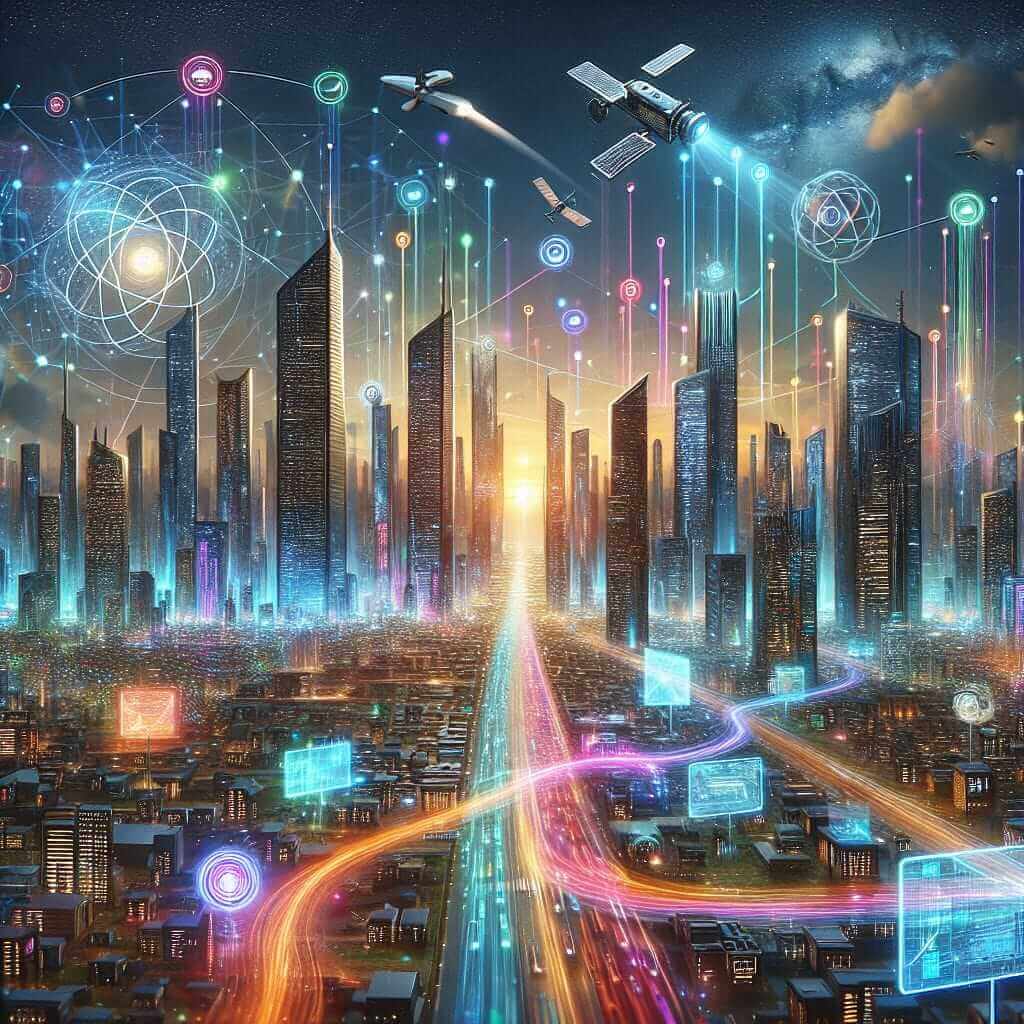In our increasingly technology-driven world, “digital” has become a ubiquitous term, frequently appearing in IELTS exams. Understanding its various contexts and related vocabulary is essential for achieving a high band score. This comprehensive guide will delve into the meaning of “digital,” explore its significance in the IELTS exam, and equip you with the necessary tools to confidently incorporate it into your speaking and writing.
Synonyms: electronic, online, virtual, computerized, technological, cyber, internet-based, automated
Antonyms: analog, physical, offline, manual, traditional
Definition: relating to or using signals or information represented by discrete values of a physical quantity (such as voltage)
Example: The digital age has revolutionized the way we communicate and access information.
Understanding “Digital” in Various Contexts
Meaning and Pronunciation
“Digital” (pronounced /ˈdɪdʒɪtəl/) refers to anything using discrete digits, typically binary code (0s and 1s), to represent information. This contrasts with analog systems, which use continuous signals.
Relevance to IELTS
“Digital” is highly relevant to various IELTS topics, including technology, communication, education, business, and society. You might encounter this term in listening sections about online learning, reading passages discussing the impact of social media, or writing tasks asking about the advantages and disadvantages of a digital world.

Applying “Digital” in IELTS
Speaking
- Part 1: You could use “digital” when discussing your hobbies (e.g., “I enjoy digital photography”), daily routines (e.g., “I use a digital planner to stay organized”), or opinions on technology (e.g., “I believe digital literacy is crucial in today’s world”).
- Part 2: If describing a website or app, you might say, “This digital platform allows users to connect with others…”
- Part 3: When discussing broader societal issues, you could use phrases like “the digital divide” or “the impact of digital technologies on the job market.”
Writing
- Task 1: When describing data in charts or graphs related to internet usage, online shopping trends, or social media statistics, “digital” will be a valuable term.
- Task 2: Essays discussing the advantages and disadvantages of technology, the impact of the internet on communication, or the future of education might require you to use “digital” and related vocabulary.
Example:
The increasing reliance on digital communication has had a profound impact on interpersonal relationships.
Combining “Digital” Effectively
- Digital footprint: “Social media platforms encourage users to be mindful of their digital footprint.”
- Digital marketing: “Digital marketing strategies are crucial for businesses to reach their target audience.”
- Digital divide: “Governments should invest in bridging the digital divide to ensure equal opportunities for all.”
- Digital detox: “Taking a digital detox can help reduce stress and improve mental well-being.”
- Digital nomad: “The rise of remote work has led to an increase in digital nomads who travel and work remotely.”
Idioms and Expressions
- Go digital: “Many businesses are choosing to go digital to reduce costs and improve efficiency.”
- Digital age: “Living in the digital age requires adapting to constantly evolving technologies.”
- Digital native: “Digital natives have grown up surrounded by technology and are often more comfortable with it.”
Conclusion
Mastering the use of “digital” and its related vocabulary is essential for success in the IELTS exam. By understanding its various contexts, practicing its use in your speaking and writing, and familiarizing yourself with relevant idioms, you can confidently approach a range of IELTS topics and demonstrate your language proficiency. Remember to stay informed about current trends and issues related to technology and the digital world, as this will further enhance your ability to express yourself effectively.